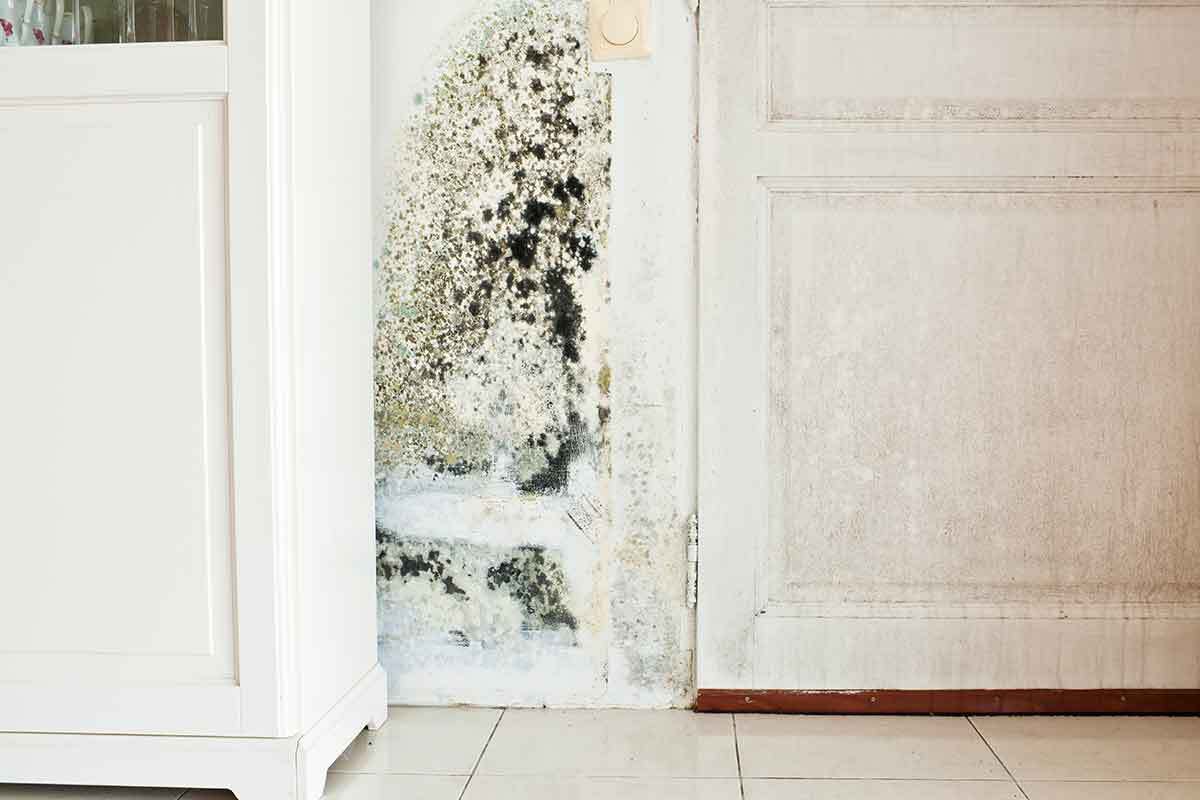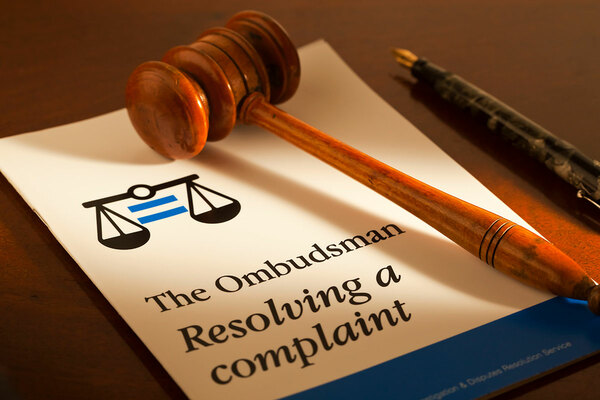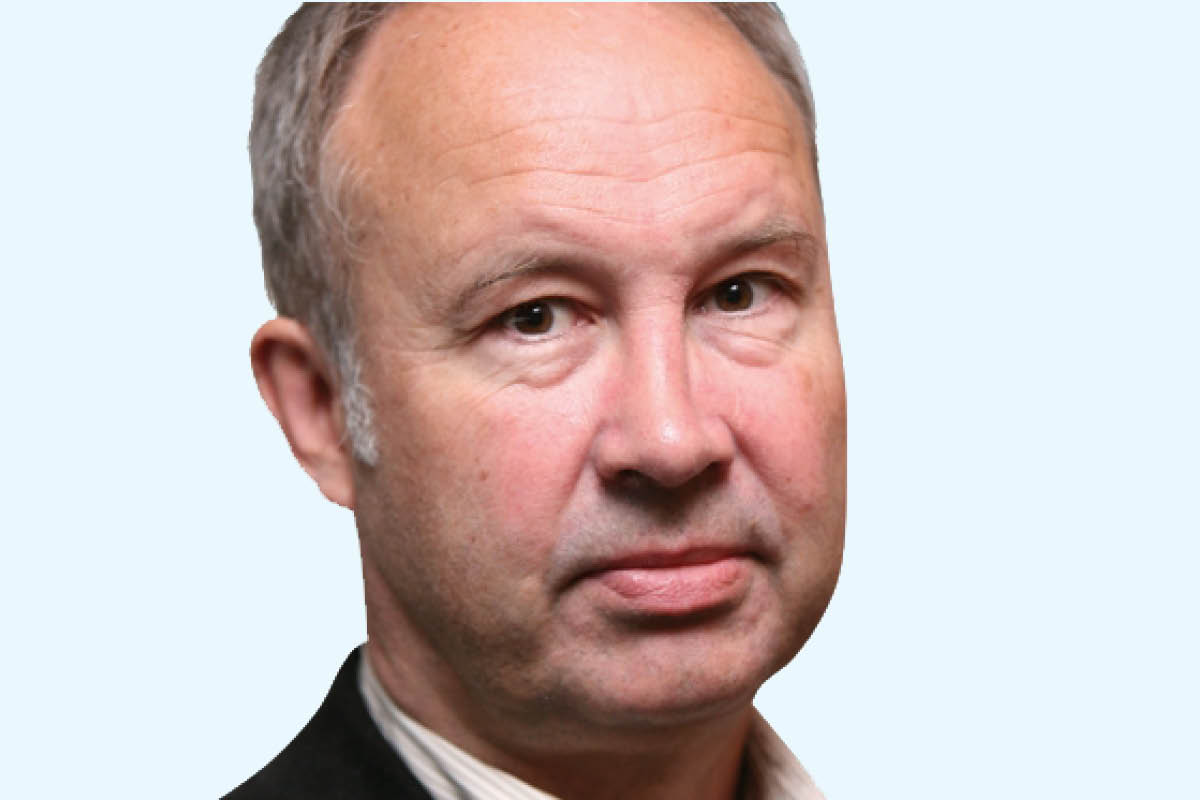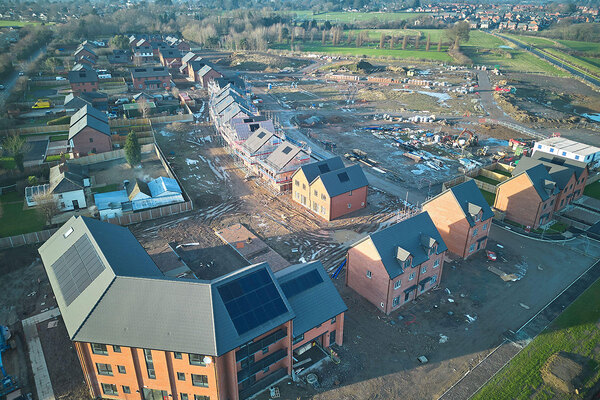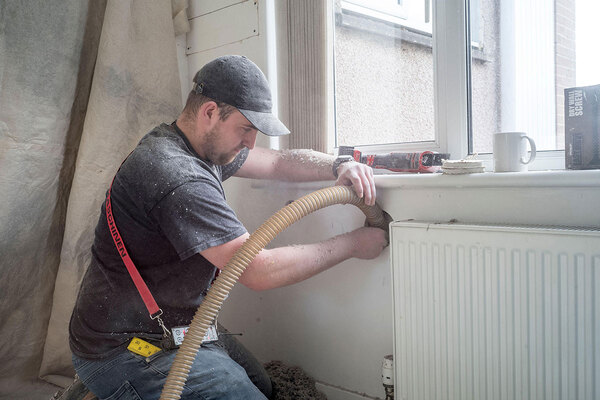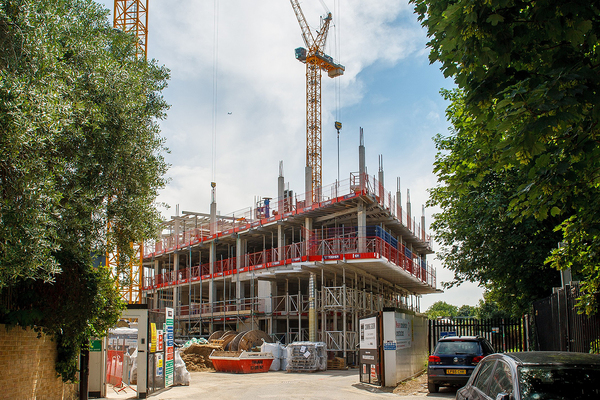NHF and CIH-backed panel calls for audit of all social housing stock in England
Housing associations should work together to conduct and publish a thorough audit of all social housing in England, a review of the sector following a national scandal over disrepair has concluded.
The Better Social Housing Review has published its final report containing seven key recommendations to improve the social housing sector in England.
The panel, first announced in June, was set up by the National Housing Federation (NHF) and the Chartered Institute of Housing (CIH) to make recommendations to the government about tackling the quality of homes.
It comes following a wave of shocking media reports uncovering terrible conditions in some social housing, including severe damp and mould issues.
The report’s publication today follows the high-profile death of Awaab Ishak, after a coroner’s report found that the two-year-old died from a respiratory condition caused by prolonged exposure to black mould in a one-bed flat managed by Rochdale Boroughwide Housing (RBH).
The panel asked for evidence from across the sector in September as part of the six-month review and considered evidence from a wide range of individuals and organisations. These included tenant groups and campaigners, housing professionals and frontline workers, such as repairs and maintenance staff, as well as customer-facing staff.
The report found that the management of communication and complaints topped the list of concerns from those consulted by the review, alongside issues with the maintenance and repairs of homes.
Both these issues also highlighted systemic disadvantages and discrimination which are still being faced by Black and minority ethnic communities in particular.
The Housing Ombudsman named five landlords with “excessively high” maladministration failures yesterday, including one case where it upheld 90% of complaints made against a housing association.
The Better Social Housing Review makes seven recommendations as a result of its findings.
In addition to asking landlords to publish a thorough audit of all social housing in England, they should also partner with tenants, contractors and frontline staff to develop and apply new standards that define what an excellent maintenance and repairs process looks like.
The entire sector needs to refocus on its core purpose, said the report, and develop a proactive local community presence through community hubs which foster greater multi-agency working.
It also called for giving tenants a greater voice in decision-making, including supporting tenants and staff to undertake an annual review of the progress each organisation is making in implementing the review’s recommendations.
The CIH should work towards promoting the housing officer role as a valued employment opportunity and create a recognised programme of training and support.
A steering group will now implement an immediate action plan to tackle the issues and recommendations raised in the report.
Helen Baker, chair of the Better Social Housing Review, said: “The shockingly poor quality of some social housing has been in the spotlight recently and our review supports the need for urgent, sector-level action to address the issues. We would like to see our recommendations built into sector-wide, as well as organisation-specific, plans within six months.
“The power imbalance between tenants and housing providers remains one of the biggest problems facing the sector, perpetuating rather than dismantling the societal stigma and discrimination experienced by people living in social housing. This is particularly true for those from black and minority ethnic communities.”
Ms Baker said that recognising tenants as valued partners in the delivery of the sector’s purpose is the key to unlocking an equitable and socially just way forward.
She added: “Housing associations need to go back to basics, reviewing their core purpose and reassessing the systems and beliefs at the very heart of their operations. A framework of national standards should underpin all this work and will be crucial to ensuring the quality of both homes and services.
“The government, for its part, must fully accept its responsibilities for the provision of decent safe and secure housing for all its citizens, as it has always done for health and education.”
Geeta Nanda, chair of the G15 and chief executive of MTVH, said: “It is vital that this independent examination of the sector is now acted upon by all of us who come to work each day with a commitment to provide good, safe and affordable homes for people.”
Sign up for our daily newsletter
Already have an account? Click here to manage your newsletters
